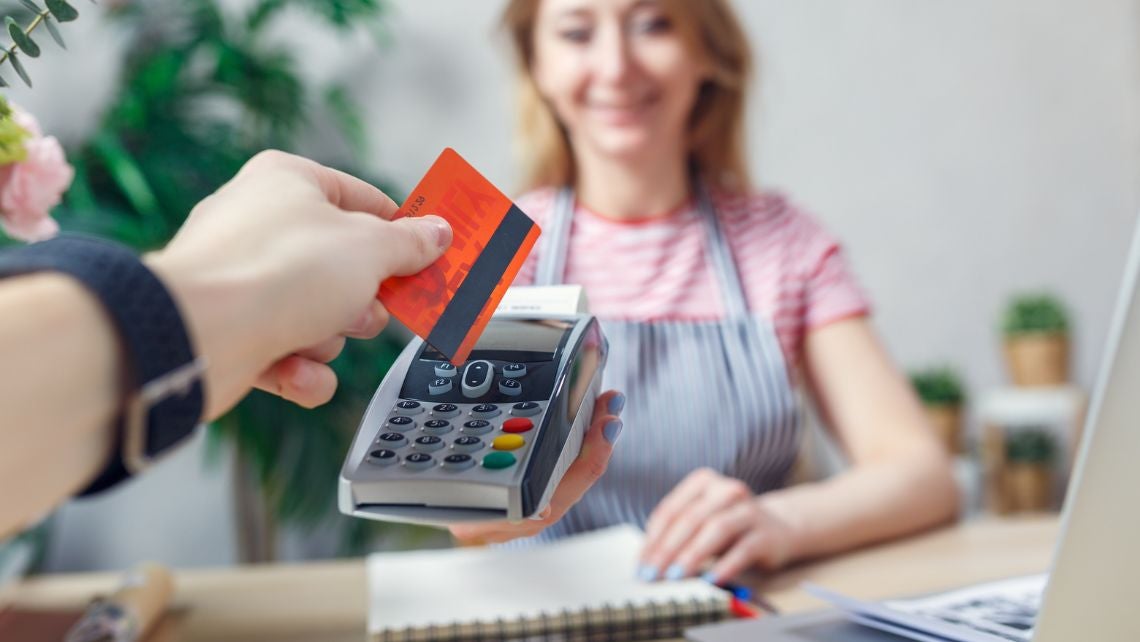
All businesses, small, large, retail, or restaurant, need an efficient and reliable point-of-sale (POS) system to process transactions. Businesses traditionally used cash registers to record sales and accept payments, but with rapid advancements in technology, they now have a variety of POS systems to choose from. Business owners and managers may struggle to choose the ideal types of POS systems. Understanding what’s available in the market can help these professionals select one that meets their needs.
The Traditional POS System
Traditional POS systems are the old-school cash registers you still see in many stores. They’re reliable and straightforward. In most cases, they require manual input of product codes or barcodes and provide basic functions such as ringing up sales, calculating change, and printing receipts.
Traditional POS systems are low-cost options for small businesses with minimal inventory and transactions, but they lack the advanced features that many modern businesses need.
The Mobile POS System
If your business is always on the go, a mobile POS system may be the best choice. These systems use smartphones or tablets as registers and connect to credit card readers via Bluetooth. With this setup, you can take payments from anywhere without being tied down to a physical location!
Mobile POS systems also offer inventory management and customer data tracking. Keep in mind that you’ll need a stable Internet connection for these systems to function properly.
The Cloud-Based POS System
Business owners looking to streamline their operations should consider upgrading to cloud-based POS systems. Cloud-based POS systems, also known as software as a service (SaaS) systems, have become quite popular with businesses. They operate through an Internet connection and store data in the cloud rather than on a local server. They are accessible from any device with an Internet connection and allow for real-time updates across multiple locations. They also offer a variety of advanced features, such as inventory management, employee tracking, and sales reporting.
The Self-Service Kiosk POS System
For businesses looking to speed up their checkout process and reduce labor costs, self-service kiosks may be the solution. These systems allow customers to scan and pay for their items without the help of a cashier. They also offer upselling suggestions and customer data collection. Self-service kiosks are common in quick-service restaurants, but they can be beneficial for retail businesses, as well.
These are just some of the types of POS systems for businesses. When selecting one for your establishment, consider your operations, budget, and future growth potential. You need a reliable, efficient, and user-friendly system that meets your current needs and can scale with your business. The ideal system will vary from company to company, but you can make the right choice for your enterprise by understanding the different options.
710 Views












